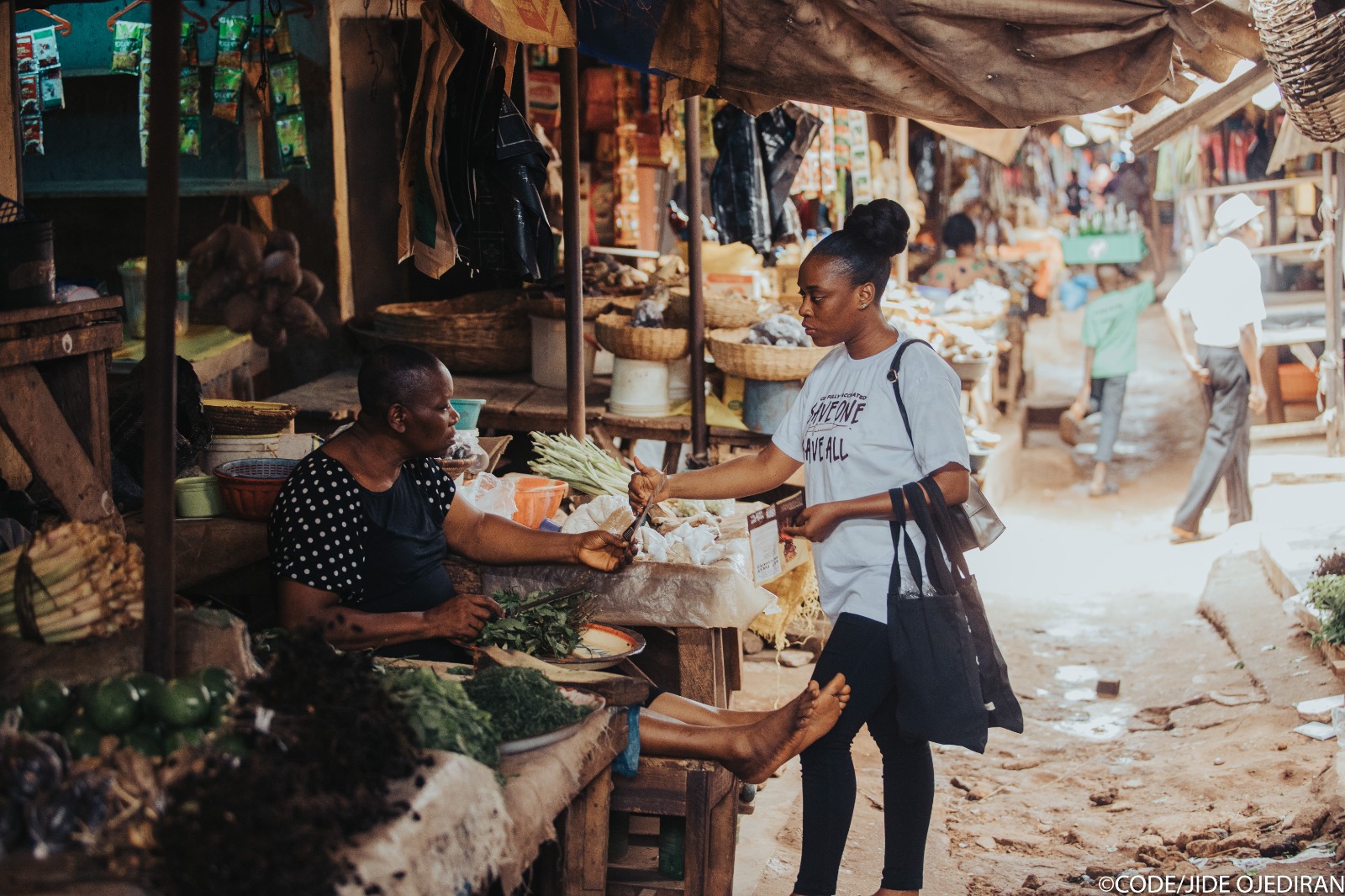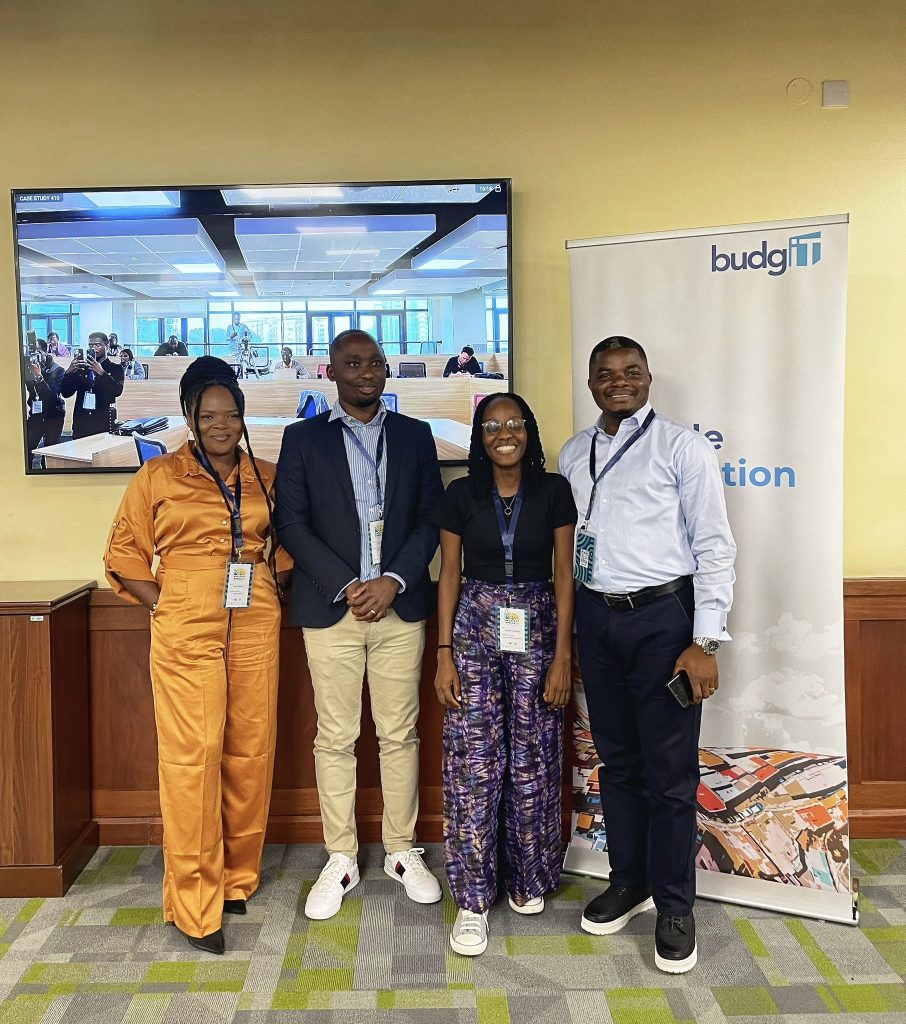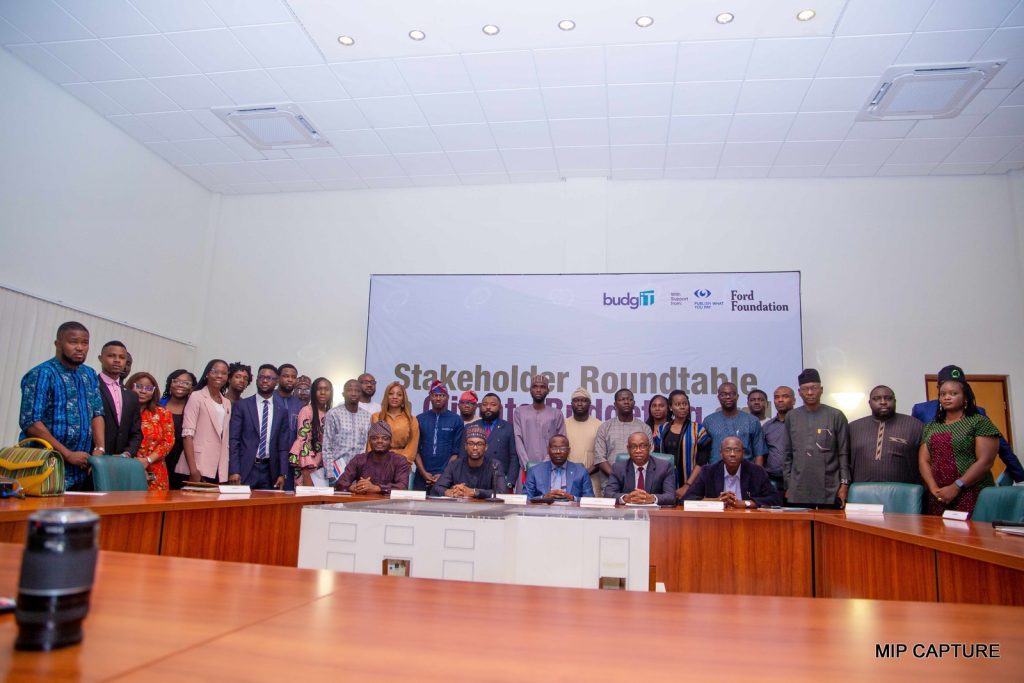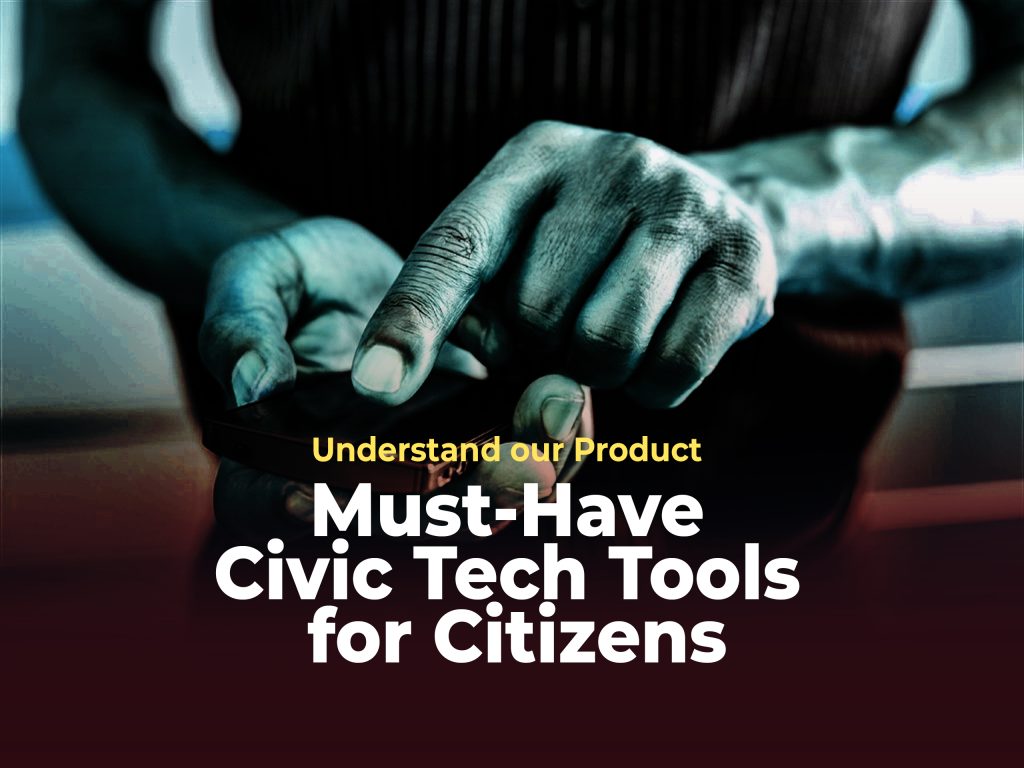“We are closing the vaccination rate gaps.” Health workers, Enugu.
The CTAP #SaveOneSaveAll campaign, which started a few weeks ago, continues to gain traction. After visiting three geopolitical zones—Northeast, South-south, and Southwest—to increase vaccine awareness, improve equity, and identify the challenges of vaccine distribution and its impact on citizens, we headed to the Southeast, Enugu State.
During the dialogue session, our team enlightened enthusiastic health workers from the five Southeastern states—Imo, Abia, Anambra, Ebonyi, and Enugu—about vaccine distribution, equity, and hesitancy.
CTAP lead for CODE, Mukhtar Halilu, emphasized the need to know the ethical implications of their decisions. Mukhtar stressed that ensuring that the most exposed communities have access to the vaccine is essential. He also reiterated the importance of being aware of discrimination and ensuring that the most vulnerable are prioritized for vaccine access.
During the session, health workers raised concerns about vaccine production, availability, distribution, acceptance, and awareness. According to them, these are some reasons citizens are reluctant to take the vaccine. They stressed the need for access to more information about the vaccine’s safety and effectiveness.
“Inability to develop and manufacture vaccines locally,” Agbahia Jacinta Chizoba, health worker, Alex Ekwueme Federal University Teaching Hospital, Ebonyi state.
“In disseminating the COVID-19 vaccine, the sensitization volume is low,” Nebo Ifeanyi, Enugu State, PHCDA.
“Uneven distribution of vaccines to the Southeast. Johnson and Johnson is the brand product most available,” Agbahia Jacinta Chizoba, health worker, Alex Ekwueme Federal University Teaching Hospital, Ebonyi State.
“Rapid manufacture of the vaccines during the outbreak, which made the vaccine appear unauthentic,” Emetuche Success Onyekachi, Imo State health worker.
“Vaccines are not produced in single doses,” Egbunike Patricia Nkoli, Federal Medical Centre, Abia State.
According to them, these concerns are why people are reluctant to take the vaccine. Those who agreed to take the vaccine preferred one brand to another. Many were tired of coming several times to complete the dosage. Others don’t trust the vaccine because it came from the country where the virus started, while the rapid production of the vaccine made it seem fake to others.
Commenting on these concerns, Iyanuoluwa Bolarinwa, CTAP lead for BudgIT, explained that Africa does not meet vaccine production standards, and the state governments are unwilling to invest adequately in the healthcare system. To this end, there is insufficient money to fund vaccine research and development.
He, however, noted some recommendations to include:
- Increase awareness and education—just as they are enlightened, they should also create awareness for others
- Healthcare workers should first trust vaccines for others to do the same
- Nations must provide the relevant vaccine doses to ensure vaccine equity
- The government needs to invest in PHCs, welfare, and research and development
“We are closing the vaccination rate gaps,” the health workers echoed.
Ezema Uche, a healthcare worker in PHCDA, Enugu State, mentioned some finance, teamwork, and awareness challenges they face.
- Health workers available are relatively low compared to the workload
- Health workers’ hopes are dashed as they are not paid after their outreach and fieldwork, which kills motivation
- The pain after the first dose kills the motivation to continue with the rest
- As many people believe that COVID-19 is gone, it is crucial to reach out to villages, interior areas, and communities to create awareness
He went on to suggest ways to curb these challenges:
Support and Mobilization
Health workers need support and social mobilization to achieve more, at least five teams per local government. This will ensure that health workers have the resources they need to provide quality health care, such as access to equipment and medicines and the necessary training and support to effectively carry out their duties. It will also ensure that communities know the available vaccines and are mobilized to use them. However, social mobilization can be challenging to achieve. It requires buy-in from both health workers and the communities they serve. It also takes time and resources to properly train and support health workers.
Decentralized Control
Implementation of the COVID-19 vaccine should be decentralized. In terms of payment, each state should handle the program, which is too big to be implemented in a central body, NPHCDA. Since March 2021, some health workers have not been paid across every level. Enugu has more than 300 vaccination centers with 17 LGAs. Tracking payment is usually difficult. Decentralizing government input and control will ensure that all states distribute the vaccine evenly and efficiently. It would also reduce the financial burden on the federal government by allowing each state to manage its costs. Furthermore, it will help streamline the process of payment and ensure that it reaches every health worker as quickly as possible.
Effective Strategy
To increase the vaccine’s acceptance, we can adapt the polio strategy. This strategy focuses on local authorities, religious leaders, and health professionals to help spread the message about the importance of the vaccine. We can also provide incentives to those who choose to get vaccinated.
Messaging and Team Building
Supervision should be strengthened in community health workers’ teams. Vaccine efforts should be tailored to local needs, with culturally appropriate messaging and outreach. We must also ensure that those eligible for the vaccine have access to it. Finally, we must ensure the availability of the vaccine in all communities.
The next day, we went to the famous Kenyatta Market to raise awareness and sensitize people about the importance of getting vaccinated. The chairman welcomed us and gave us a good audience. While some marketers received us gleefully and were keen to know more about the vaccine, others were indifferent with side comments.
“Covid still dae?”
“As you can see, I don’t have COVID-19, I’m healthy.”
“All this vaccination talk no be for old men like us.”
“Una dae talk of COVID vaccine, what about the COVID palliatives? Na who don chop dae take vaccine.”
However, as we spoke to the crowd about the importance of vaccination, more people engaged with us, and some changed their views and promised to take the vaccine.
At the end of the walk, we stressed that the vaccine is not only for those with COVID-19 or the young. Instead, it is immunization against the COVID virus and, most likely, other underlying diseases.
We went to the University of Nigeria, Enugu campus, on the last day of the movement. Despite students writing exams, we were warmly welcomed and appreciated by the university’s Dean of Student Affairs, Dr. Udo Iniekong. She encouraged the sensitization walk and further commended the team for achieving a successful event. Dr. Iniekong’s appreciation of our efforts further underscores the importance of the sensitization walk and motivates us to continue advocating for the cause.
During the enlightenment talk, we discovered that some students had never heard about the COVID-19 vaccination, which means there is more to be done to increase awareness of the virus and vaccine among Nigerians. This also gives the CTAP campaign solid proof that its mission is on track, for which, BudgIT and CODE, with support from Hilton Foundation, have conducted a sensitization and awareness campaign across the six geopolitical zones in Nigeria.
In conclusion, African governments and political leaders should support and be willing to disseminate information and awareness about vaccines on television stations and the media, in general, to strengthen and speed up this process.



